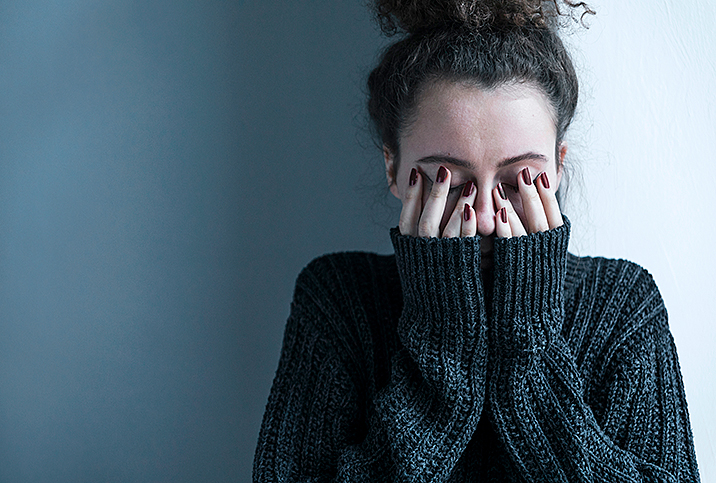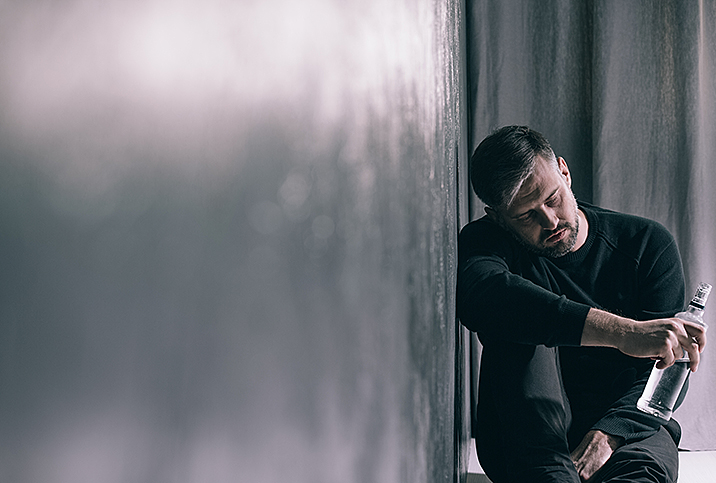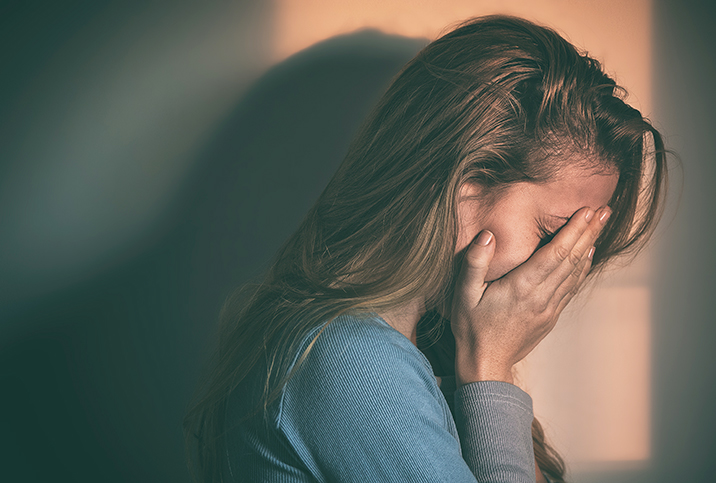Your Loved One's Addiction Is Not Your Fault

Watching a loved one struggle with addiction is painful. You see their lives falling apart, and yet there's nothing you can do to stop it and no amount of bargaining is going to break the cycle. The only person who has the power to end the pattern of addiction is your loved one.
Their addiction may not be your fault, but you can be a part of creating a plan to help them find treatment.
The causes of addiction
Addiction is a disease, and while environmental factors often contribute, our genetic composition is what determines who becomes addicted and who does not. In the past, people in recovery were thought to have a "weak constitution" or no willpower. However, addiction is all about chemical responses in the brain.
When we perform pleasurable activities, dopamine is released, and over time, our body associates the activity with good feelings. When we use substances, the chemicals intensify the dopamine response, and our brain actually rewires itself to crave that substance in an effort to revisit that sensation. Eventually, the brain becomes so used to this chemical release that no amount of the substance can satisfy the craving.
At this point, the person is addicted, and everything else in their life comes second to this compulsive pattern. Many people struggling with addiction know how all-consuming this pattern has become, but they may feel helpless to stop it, and it's not until they recover that they realize the full scope of the damage their addiction inflicted on others.
Your responsibilities in recovery
Your responsibility in recovery is simple—don't become a casualty. This may sound harsh, but family members in the battle to help the people they love struggle with addiction are especially susceptible to developing mental health conditions and abusing those substances themselves.
Furthermore, we often carry guilt about our loved one's addiction. We might blame ourselves, thinking we might have done something to cause this outcome. If we reach this conclusion, our brain will begin to focus on a solution: If we caused it, then we must have the power to fix it. Unfortunately, no matter how much we were to blame or how much we blame ourselves, we may never be able to control the situation.
Instead of shouldering this burden, we need to step back and plan for the struggle to come and learn how not to enable our loved one's habits. Seeking help from a nonprofit family support group, such as Al-Anon and Smart Recovery, or a licensed counselor can help us discover how to protect our mental and physical well-being.
The goal of taking care of yourself is to ensure you are mentally and emotionally prepared for when your loved one hits bottom. For me, I knew my father was struggling with his alcohol addiction, but it wasn't until my mother found him unconscious on the couch that I knew it was time to get him into a rehabilitation center. I had known about my father's alcohol abuse for my entire childhood, but there was nothing I could do to stop it. He had tried going to meetings and even checked himself into a detox center, but he needed full-time care, and it took hitting bottom to get him there.
I was prepared for this moment because I had watched his drinking spiral over the previous six months. Being prepared allowed me to be the voice of reason when my mother questioned if he really needed to go, and when he tried to convince me he didn't need it, I could look past the bargaining and help him.
Rebuilding the relationship
What I was not prepared for was rebuilding relationships after the rehab was successful.
It's natural to be angry with your loved one for having the addiction in the first place, but I was unprepared for the anger I felt toward other members of the family and their role in the process of dealing with my father's addiction. Ultimately, there's always plenty of blame to pass around when a loved one struggles with addiction, so prepare yourself as it can take time to work through it.
What's essential, though, is finding a way to move on. And most important, remember your loved one's addiction is not your fault.


















